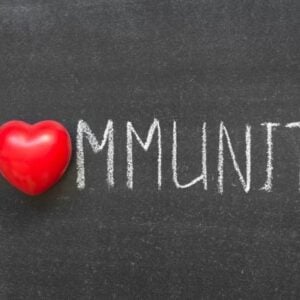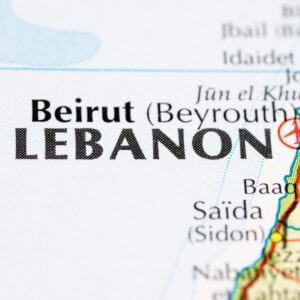Over three days, local authorities, civil society representatives, development partners, and community leaders in Belize City collaborated to advance the city’s resilience through the Making Cities Resilient 2030 (MCR2030) initiative. Participatory workshops marked a crucial step in developing a Local Disaster Risk Reduction (DRR) and Resilience Action Plan, with technical guidance from UNDRR and collaboration from UN Women and the United Nations Resident Coordinator’s Office in Belize. These workshops helped localize the Sendai Framework for Disaster Risk Reduction and translate national priorities into community-level action.
The initiative builds on the Early Warnings for All (EW4All) programme, which earlier assessed Belize’s early warning systems and identified gaps. The MCR2030 workshops advanced people-centered, multi-hazard early warning systems tailored to communities on the frontlines. Upcoming sessions, including Belize’s Second National Consultative Workshop, will further define a national implementation roadmap and incorporate gender-responsive and inclusive practices through the MCR2030 Resilience Scorecard Addendum for Gender Equality and Intersectionality.
Three strategic tools were central to the workshop series: the Disaster Resilience Scorecard for Cities, the Multi-Hazard Early Warning Systems (MHEWS) Addendum, and the Disability Inclusion Annex. These tools helped evaluate Belize City’s capacities and highlighted strengths and areas for improvement, such as infrastructure gaps, limited risk data, and inequitable access to early warning systems. Participants emphasized enforcing building codes, risk-informed urban planning, and inclusive governance to ensure resilience for all, particularly women, girls, and marginalized groups.
City leadership and participants underscored the importance of participatory approaches, with voices from civil society, persons with disabilities, LGBTQ+ communities, and women contributing to solutions. Discussions focused on overcoming barriers like the digital divide, enhancing risk communication, leveraging data for evidence-based planning, and securing political support at all levels.
The workshops will inform Belize City’s Local Resilience Action Plan, which will define responsibilities, actions, and progress indicators for inclusive and sustainable urban development. United Nations Resident Coordinator Raul Salazar highlighted that the initiative represents a collaborative learning process to guide disaster risk governance in the city.
This effort forms part of the broader Belize Inclusive Resilience in Safe and SMART Spaces Joint Programme, supported by the UN Joint SDG Fund, and aligns with global frameworks including the Sendai Framework, the 2030 Agenda, the Paris Agreement, and the New Urban Agenda. Belize City’s participatory approach exemplifies how inclusive, locally driven resilience building can create stronger, safer, and more sustainable urban communities.






